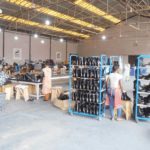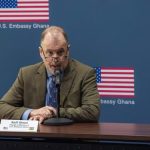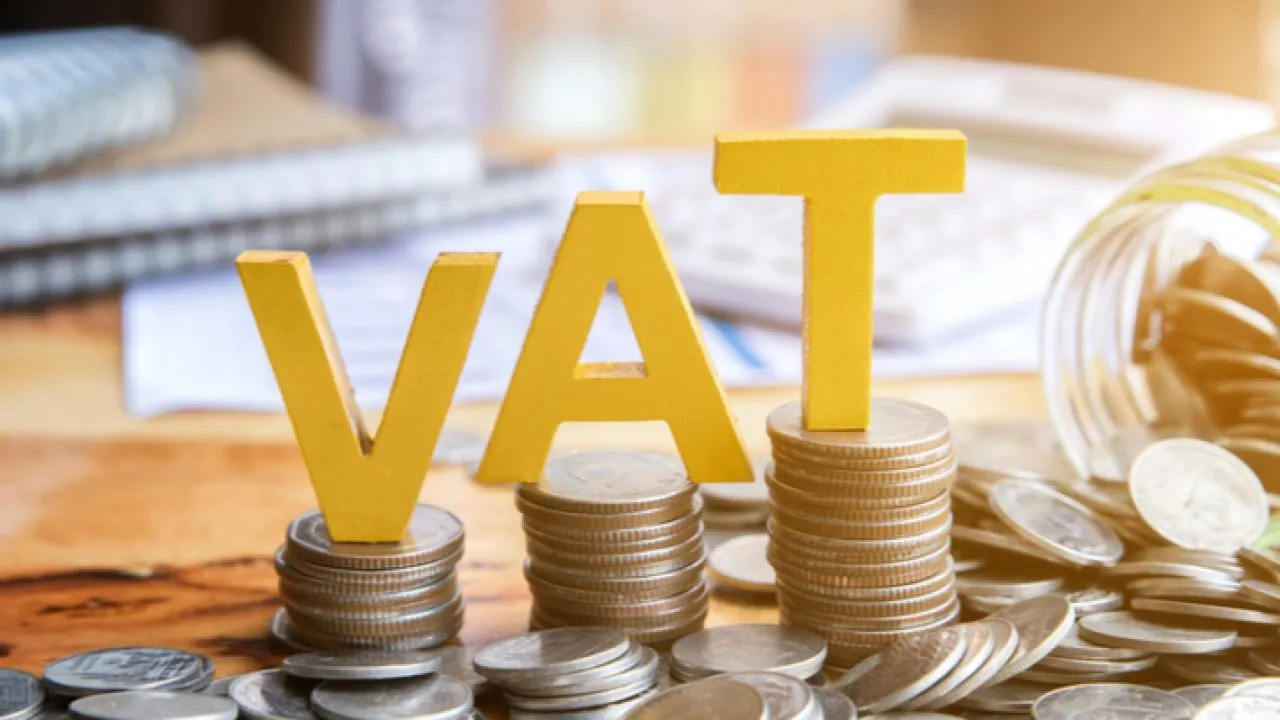Trade and Industry Minister, Mr Alan Kyerematen has inaugurated a 13-member Board for the Ghana Export Promotion Authority with a charge to members to pursue a vigorous export agenda to boost job creation.
“For us, the answer to our problem of creating jobs is to be able to industrialize and also export,” he said, adding that a key part of the government’s industrial transformation agenda was the promotion of exports.
Mr Kyerematen said the country was focusing on exports to, first of all, address one of the most critical challenges of job creation.
“If you look at the cumulative effect of the people turning up after school nobody should tell you that as a country you need to identify the opportunities to put them into sustainable jobs and we all know that the public sector cannot be the answer,” he said.
“This means, it is the private sector that provides the opportunities for job creation in the country,” he said.
The Minister said the achievement of countries with significant growth showed that they used industrialization and export development as one of the means of creating jobs.
“If you industrialize it means you produce and the more extensive your capacity to produce the more you are required to find a market for what you produce. The domestic market cannot be the solution.”
He said the focus on export was important because it would allow the country to expand its productive capacity and then find a market outside the domestic market.
It is within this context that the Ministry developed the National Export Development Strategy, which seeks to achieve an export value of $25 billion.
The Ghana National Export Development Strategy (NEDS) envisages that over a duration of 10 years Non-Traditional Exports (NTEs) will grow from $2.8 billion in 2020 to $25.3 billion in 2029.
“The inability of the earnings of cocoa to go beyond $2 billion has led to the ineffective sustainability of the economy. That is why this very ambitious target of achieving 25 billion US dollars export value is your first major task as an economy.”
He said the attainment of the target required careful planning and execution as the country moved to diversify its resource base and add value because we were not going to export our primary commodities.
We have to move from the primary commodities to value-added manufactured exports and by adding value we will earn more from our exports. It is only through exports that we can improve our foreign exchange earning capacity.
He urged the Board to encourage exports to enable the country to take advantage of the many trade agreements it had signed on to., including the Ghana-EU Interim Economic Partnership Agreement which opens up the continent of Europe to Ghana duty free and quota free.
There is the African Growth and Opportunity Act which also opens the US market to Ghana and the Ghana-UK Trade Partnership agreement.
“All these trade partnership agreements will be of no value to us if we are unable to export to these countries because we are allowing imports from these countries into ours,” he added.
Mr Kyerematen expressed the hope that the combined experience and knowledge of members of the Board would ensure the attainment of the goals.
He encouraged them to build partnership and work with various institutions, including Ghana Exim Bank and the Ghana Standards Authority as well as business associations to be able to execute the task ahead, adding it had to be a deliberate action on your part to cultivate these relationships.
Board Chairman GEPA, Mr Yaw Asuo Banin, on behalf of members, thanked the government for the confidence reposed in them and pledged to protect and promote the interest of all stakeholders.
He appealed to the Minister to support GEPA to increase its regional offices from seven to 16 and for resources to be able to fulfil the mandate.
Mr Banin also called for a review of the Act and an increase in the percentage of funds from Exim Ghana.
Other members are Mr Herbert Krapa, Dr Afua Asabea Asare, Dr. Mrs Emelia Assiakwa, Mr Philip Abradu-Otoo, Professor Alexander Nii Oto Dodoo and Mr Attipoe Prudence Tonator.
The rest are Mr Bonaventure Adjavor, Madam Hilary Andoh, Mr Yofi Grant, Mr Seth Twum-Akwaboah, Mr John Yao Agbeko and Dr Edward Nana Yaw Ofori-Kuragu.
















